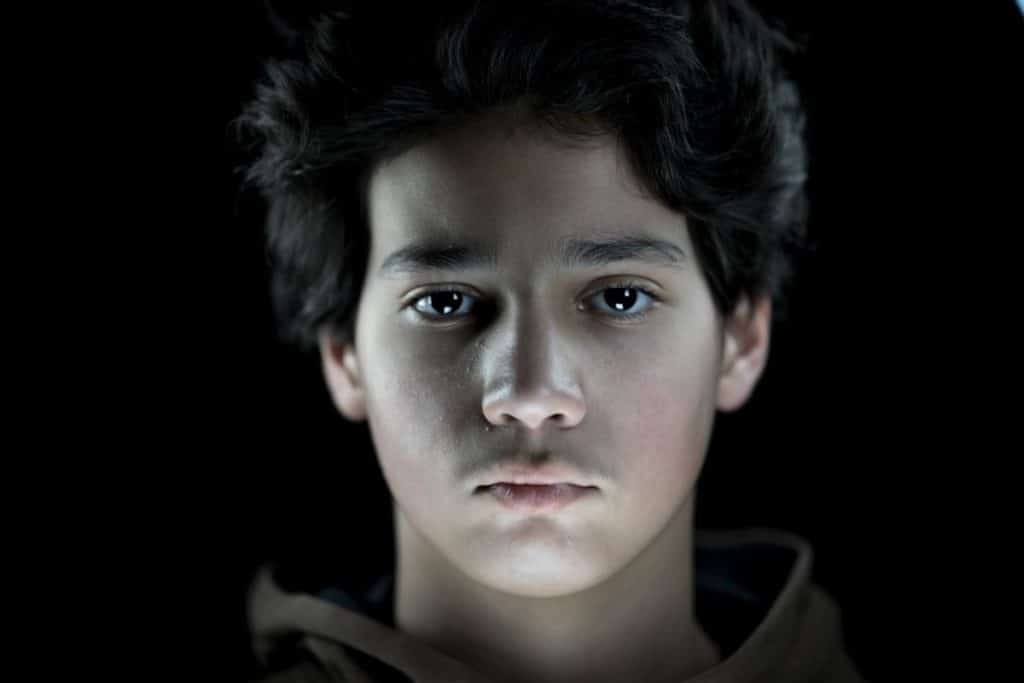Millions of preteens and teens across America are bullied by their peers on any given day. Bullying can take a variety of forms. It can also occur in varying degrees of severity. Whatever form it takes, bullying can potentially have a lasting impact on your child’s mental health. To overcome that impact, you may need the specialized help provided by cognitive-behavioral therapy for teens. How can you tell if your child is being bullied? A wide range of signs may point to the presence of this problem.
Is My Child Being Bullied? Defining the Problem
What does it mean to be bullied? Bullying behavior is an unwanted form of aggression toward others. This aggression stems from an imbalance of power between a bully and the target of their actions. In some cases, that power imbalance actually exists and takes the form of things such as:
- Superior physical strength
- Greater social popularity
- Embarrassing, humiliating, or degrading information
In other cases, an imbalance of power doesn’t truly exist. However, the target of the bullying behavior believes that it does. In addition, acts of bullying are repeatable. This leaves potential targets in fear of future episodes.
Potential Forms of Bullying
Experts divide bullying behaviors into three separate categories: physical, verbal, and social bullying. The goal of physical bullying is direct harm to your teen or their belongings. It includes acts such as hitting, punching, pushing, tripping, spitting, kicking, and pinching. It also includes taking your child’s belongings and/or breaking them. In addition, the physical bullying category includes threatening body language and gestures.
In the verbal category are spoken or written behaviors such as taunting, teasing, and name-calling. This category also includes any kind of inappropriate sexual statements. In addition, it includes all kinds of verbal or written threats.
The aim of social bullying is to damage your teen’s relationships and/or reputation. One of the most common forms of this behavior is the purposeful spreading of rumors. A social bully may also purposefully exclude your child from an activity or social group. In addition, they may do things designed to publicly humiliate or embarrass your child.
Signs of Bullying
Is your child being bullied? You may not always have a clear answer to this question. However, you may notice warning signs that point to such behavior. Common signs of bullying exposure include:
- Bruises or other kinds of unexplained injuries
- An unusual tendency to avoid social contact
- Absent or damaged belongings
- Unexplained changes in your teen’s eating habits
- Recurring nightmares or other sleep disruptions
- Loss of a friendship group
- Real or faked ailments such as headaches or illnesses
- An unexpected drop in your teen’s grades
- A sudden desire to avoid going to school
- Cutting or other self-harming behaviors
In a worst-case scenario, a bullied teen may even think about suicide or make suicidal plans.
The Lasting Trauma of Bullying
Exposure to bullying can be a highly traumatic experience. Some teens recover from such an experience on their own. However, others don’t recover unless they receive some kind of professional support. Long-term, unresolved trauma can seriously impair your child’s mental health.
Learn More About the Potential Signs of Bullying at Imagine Spokane
Not sure if your child is being bullied? Contact the professionals at Imagine. We’re familiar with the telltale signs of bullying. With our help, you can assess your teen’s level of exposure.
At Imagine, we also understand the importance of resolving lingering trauma. Our specialized cognitive-behavioral therapy program for teenagers supports your child’s recovery from the effects of bullying. It also supports recovery from bullying-related mental health issues. To learn more about our program, just call us today at 888.384.3143 or fill out our online form.




